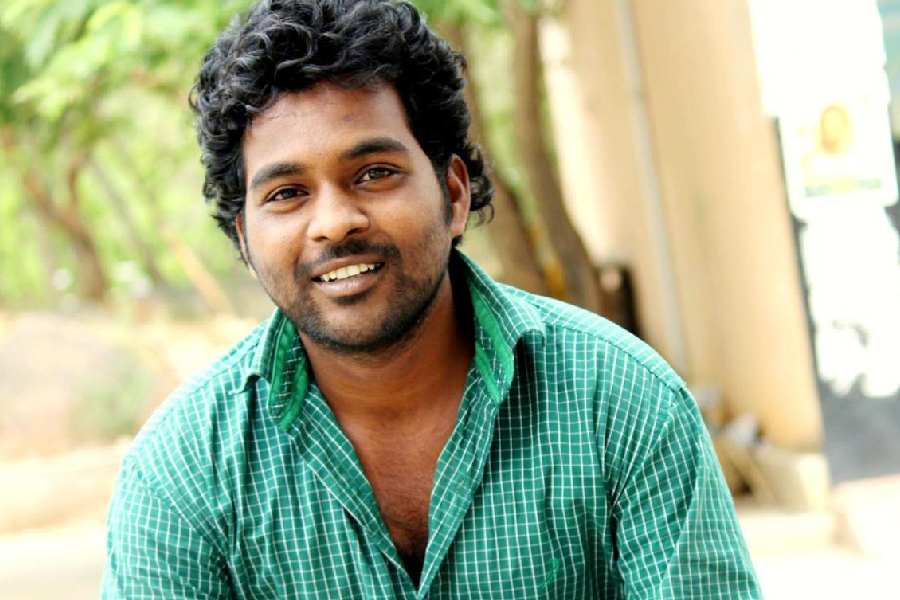Karnataka is gearing up to become the first state to bring a law named after Dalit scholar Rohith Vemula, a victim of social discrimination, to check caste-based atrocities in educational institutions.
Chief minister Siddaramaiah on Friday announced this on X after Congress leader Rahul Gandhi wrote to him suggesting he initiate such a measure.
Vemula was a PhD scholar at the University of Hyderabad who died by suicide on January 17, 2016, sparking widespread protests and a national debate about caste discrimination in higher education.
Academics welcomed the move and said such a law was required to be followed by all states since social discrimination was not limited to Karnataka alone.
There have been several cases of suicide on campuses since then, including the deaths of Payal Tadvi at a medical college in Mumbai and Darshan Solanki at
IIT Bombay.
Student groups representing socially backward classes in different states have been demanding a law named after Vemula to check caste-based discrimination.
“Our government stands firm in its resolve to enact the Rohith Vemula Act in Karnataka — to ensure no student faces discrimination based on caste, class, or religion. We will bring this legislation at the earliest to honour the dreams of Rohith, Payal, Darshan and the countless others who deserve dignity, not exclusion. This will be a step towards realising Dr B.R. Ambedkar’s vision of an equal, compassionate India,” Siddaramaiah posted.
In his letter dated April 16, Rahul wrote that millions of students from Dalit, Adivasi and Other Backward Classses backgrounds face discrimination in educational institutions.
“The murder of bright young people like Rohith Vemula, Payal Tadvi and Darshan Solanki is simply not acceptable. It is time to put a firm end to this,” he wrote. Rahul had met a delegation of students and teachers from Dalit, Adivasi and OBC communities in Parliament on this issue.
N. Sukumar, a faculty member of Delhi University who has authored the book Caste Discrimination and Exclusion in Indian Universities, said there was no specific law to deal with the increasing problem of discrimination
on campuses.
The University Grants Commission in 2012 notified guidelines on this, but they need to be revised, given the increase in the variety of offences.
Sukumar said the bill was expected to list every possible type of discrimination and provide for punishment for each offence. “It is a national problem. Other states should enact similar laws. Rahul should write to the chief ministers of other Congress-ruled states and states ruled by INDIA bloc parties to bring such a law,” he said.
Gurindar Azad, a social activist who had organised protests on this issue in Delhi, cautioned against any celebration before the law is enacted.
“There have been many cases of suicide by Dalit students during the UPA government. But adequate actions were not taken. Now, the Congress is raising it. If it is serious, it must discuss with student groups, make a comprehensive legislation and pass it in all states ruled by them,” Azad said.










